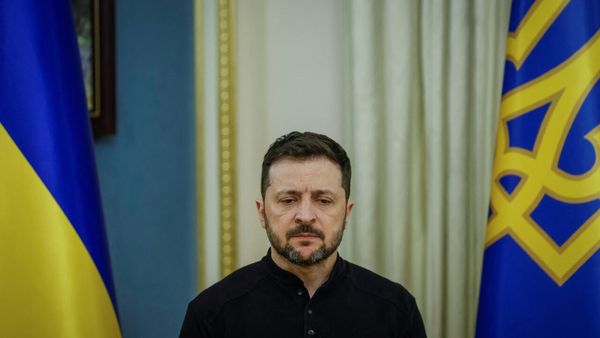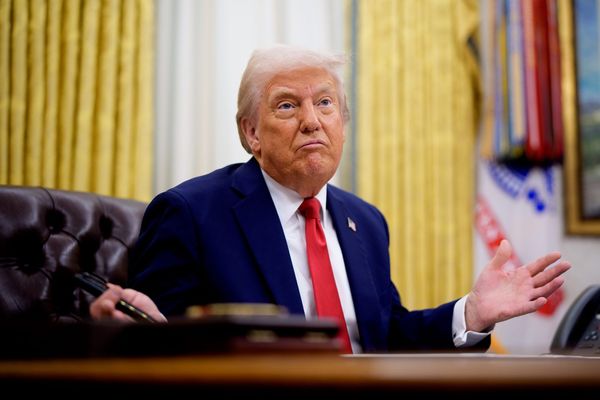
President Yoon Suk Yeol of South Korea may be impeached for imposing martial law and deploying heavily armed troops onto the streets of Seoul, which many compared to the military-backed dictatorships of the past.
Mr Yoon announced martial law in a sudden and unexpected move during a live broadcast on YTN television on Tuesday, December 3.
Although Mr Yoon did not outline the precise steps that would be taken, he did defend the decision by stating that it was required to “protect constitutional order”.
Only a few hours after parliament overwhelmingly decided to end martial law, lawmakers started the impeachment process against Mr Yoon, which compelled the president to revoke his decree roughly six hours after it started.
The impeachment proposal, which requires the backing of two-thirds of the National Assembly in order to proceed to the Constitutional Court, which would decide on Mr Yoon's removal from office, is being pushed for a vote on Saturday (December 7) by opposition parties.
The leader of Mr Yoon's ruling party unexpectedly stated that he was in favour of suspending the president's authority, which increased the likelihood that Mr Yoon would be impeached.
What is martial law?
Martial law is the suspension of civilian government by military rule when civil authorities are deemed unable to function.
It may be imposed for a predetermined period of time or indefinitely, during which time regular civil liberties may be suspended.
It is typically imposed during periods of conflict and/or catastrophes, including civil unrest and natural disasters.
The president of South Korea is authorised by the constitution to use the military to maintain law and order in “wartime, war-like situations, or other comparable national emergency states”.
Martial law can be imposed by temporarily restricting the authority of the courts and government organisations, as well as by suspending civil liberties such as the freedom of the press and assembly.
With a majority vote, the National Assembly can also revoke the proclamation, according to the constitution.
How did South Korea react to the martial law?
When lawmakers learnt of Mr Yoon's martial law declaration, they hurried to the building. In order to gather a quorum, several scaled the walls to get beyond the military perimeter. The injunction was lifted by a 190-0 vote that included 18 members of Mr Yoon's party.
According to the impeachment motion, Mr Yoon declared martial law in circumstances that did not satisfy the constitutional requirement of a serious crisis.
Additionally, a president can’t suspend parliament by using the military, according to the constitution. It is also seen as an insurrection to halt political party activity and send troops to close the National Assembly.
Why did the president declare martial law?
In his declaration on December 3, Mr Yoon accused the major opposition parties of backing North Korea, the nation's adversary, and pledged to eradicate “anti-state” groups he claimed were planning an uprising.
Mr Yoon invoked the threat of North Korea as a destabilising influence without providing concrete proof. Mr Yoon has long argued that the only way to prevent North Korea from carrying out its nuclear threats against South Korea is to take a tough stance against it.
In addition to dealing with corruption accusations involving himself and his spouse, Mr Yoon has had difficulty advancing his agenda in a parliament controlled by the opposition.
South Korea has a rich history of martial law. Syngman Rhee was the first president to impose martial law to crack down on communists in 1948.







